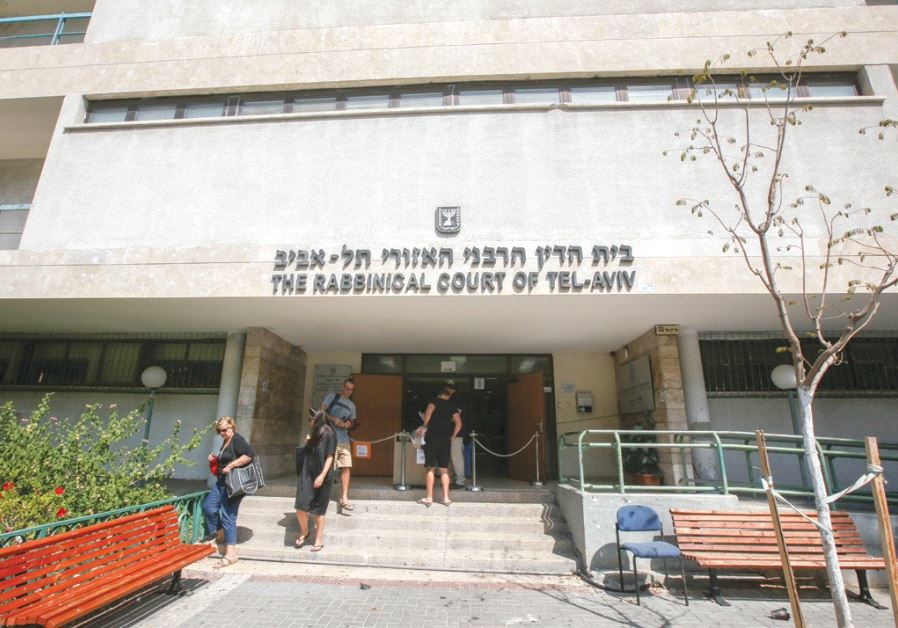Women now have more rights in Rabbinical Courts, but more must be done
In an historic decision, the High Court ruled that a woman could be chosen for a high administrative post in the Rabbinical Courts.
 The Rabbinical Court of Tel Aviv(photo credit: MARC ISRAEL SELLEM)Updated:
The Rabbinical Court of Tel Aviv(photo credit: MARC ISRAEL SELLEM)Updated: